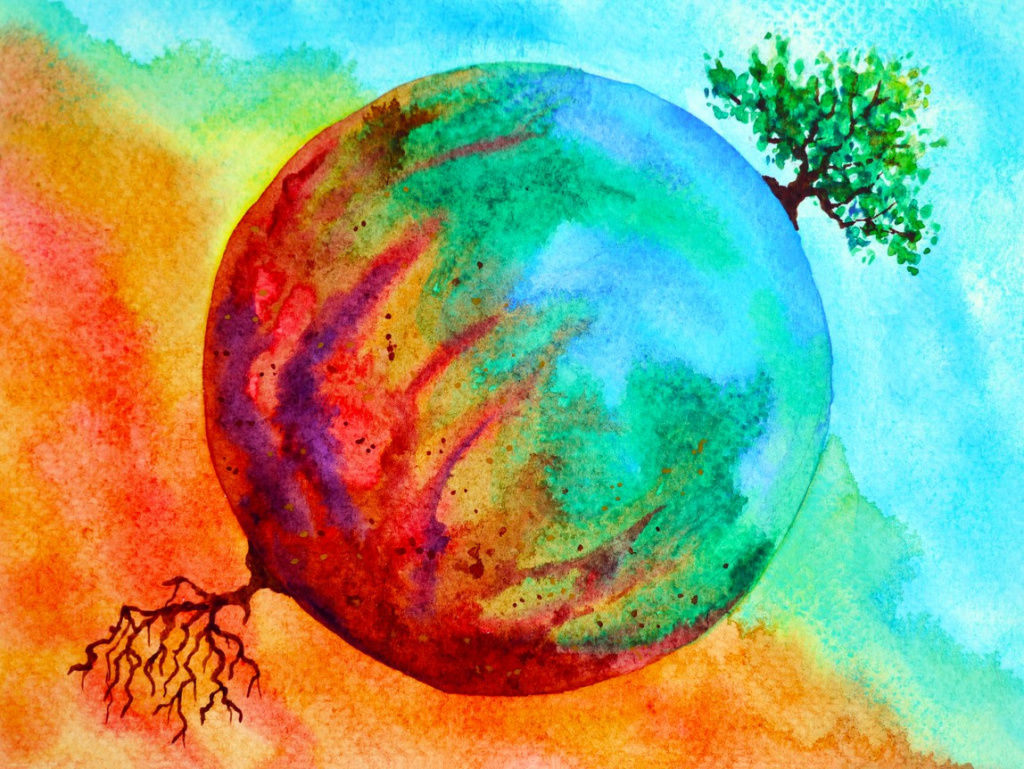
The UK Government’s recent policy paper Sustainability and Climate Change: a Strategy for Education states that ‘The environment should be part of all subjects and school practices’; this is in line with The British Education Research Association manifesto, which calls for environmental sustainability to become a key feature of the curriculum.
This article will explore how two of our arts subjects in schools – Art & Design and Music – can embed the explicit teaching of climate change, sustainability and the environment into lessons, utilising every situation possible to push the green agenda. Not only will this deepen pupils’ understanding of our climate and connect them with their natural surroundings, it will also create excellent opportunities that will lead to the new Natural History GCSE, celebrating how pupils will get the opportunity to explore the way that art, literature and music have been shaped by, and shape, our relationship with nature.
Art & Design
The most obvious way to directly connect pupils with nature is to get them drawing it, and the opportunities this offers are endless. Start by going outside, getting pupils to directly draw the nature around them. The Council for Learning Outside the Classroom highlights how taking pupils outside ‘has been proven to raise attainment and achievement, improve behaviour and improve the engagement of all groups of pupils’, and it is something we should be doing more of.
“Art has an amazing ability to open your eyes to what’s around you.”